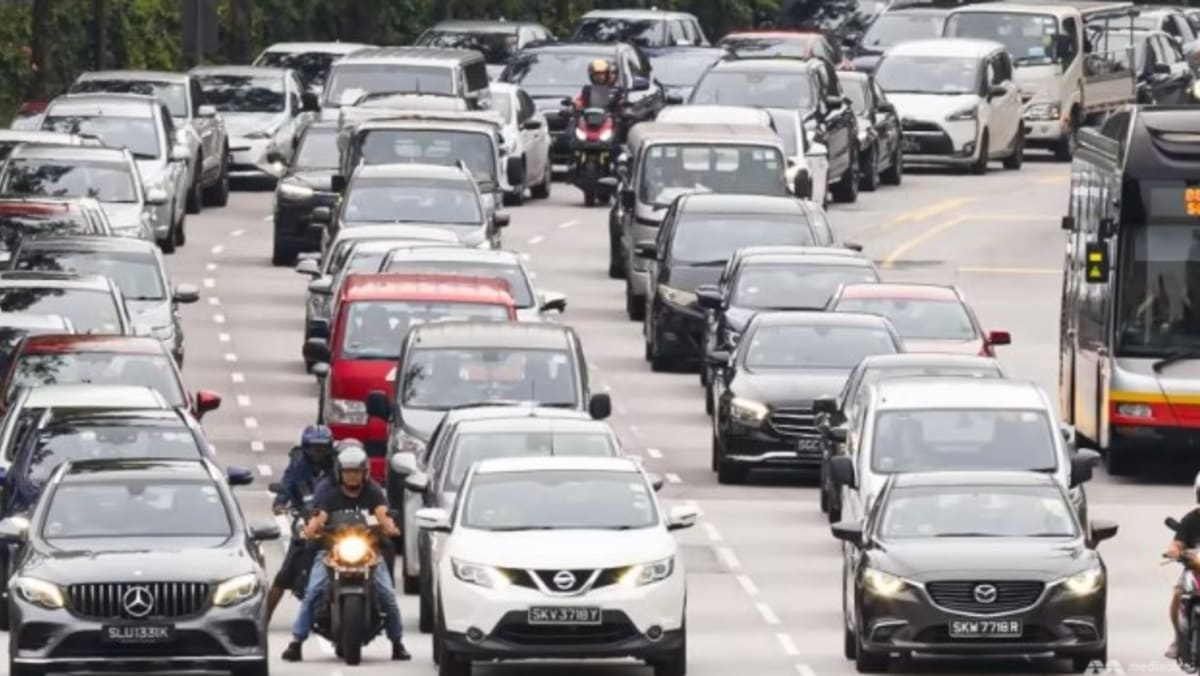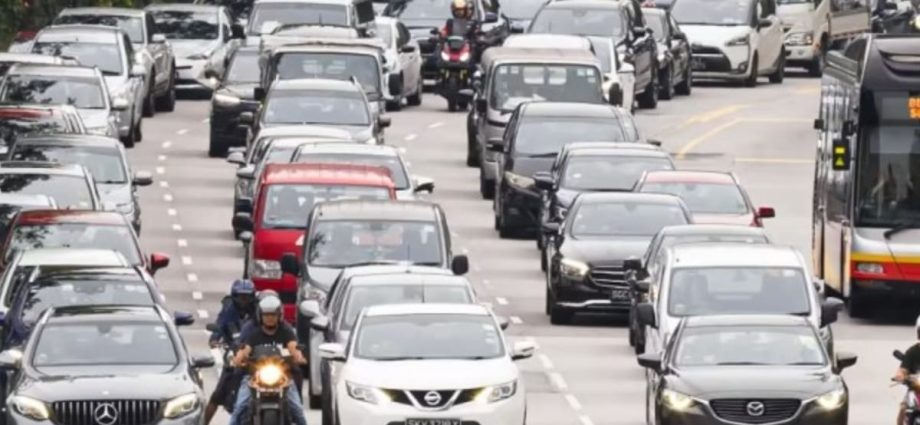
SINGAPORE: Suggestions on alternative ways to distribute Certificates of Entitlement (COE) and fast-increasing COE prices were among the concerns raised by Members of Parliament on Monday (May 8).
Following a ministerial statement on COE supply delivered by Minister for Transport S Iswaran, several MPs rose to offer alternative ways to distribute the certificates.
In his speech earlier on Monday, Mr Iswaran had said that COE premiums are expected to trend upwards, with Singapore’s policy of zero-growth in its car population and as household incomes rise.
“Fundamentally, the COE prices reflect demand for a limited and falling supply of COEs,” Mr Iswaran said in his statement, responding to more than 20 parliamentary questions filed on the topic.
Demand for vehicles has remained “resilient”, especially as the economy recovers after COVID-19. Incomes have also been rising over the long term, and the ratio of COE price to median monthly household income has fallen, he said.
“As household incomes continue to rise in the coming years, coupled with our policy of zero-growth in the car population, we must expect the long-term trajectory for COE prices to be upwards,” said the Transport Minister.
ALTERNATIVE WAYS TO ALLOCATE COE
In clarifications after Mr Iswaran’s speech, Mr Liang Eng Hwa (PAP-Bukit Panjang) suggested that “some amount of allocation” by balloting, similar to how Housing Development Board flats are sold, could be piloted.
Ms Hazel Poa (PSP-NCMP) asked if the Transport Ministry would consider allocating vehicle quotas based on other factors beyond price.
“For example, maybe a points-based system, where apart from the bidding price, we also consider other factors like nationality and needs-based factors like families with young children or persons with disability,” she added.
Similar to the implementation of additional buyer stamp duties on those who buy multiple residential properties, Ms Poa also suggested the ministry consider implementing additional levies on multiple vehicle purchases.
In response to suggestions about different ways to allocate the quotas, Mr Iswaran said that the government would then have to decide how to allocate Ms Poa’s proposed point system, and what would factor into the final COE allocation.
“Does that mean if someone has got more points and they are entitled to a different price when it comes to the COE? Or does it mean that they go into a different pool?
“And if they go into a different pool, how do we segment the pools?” he asked.
If balloting is implemented, the government would also have to decide how to price COE if one segment’s quota is secure, and another segment is based on the luck of the draw, said Mr Iswaran in response to Mr Liang’s question.
“Do you price it at the same price as the COE in that period? Or do you say no, it’s a discounted price,” he continued, adding that this may prompt those who secured cheaper COEs to resell their cars at a windfall.
“Then the question is, what justifies such a ballot? Who qualifies and how do we do it?” said Mr Iswaran.
A balloting system is not a panacea, and may instead aggravate the problems if the concerns are around price and unevenness in the market, he stressed.
Leader of the opposition Pritam Singh (WP-Aljunied) and Ms Mariam Jaafar (PAP-Sembawang) asked whether the government was looking into curbs on car loans to ensure that loopholes can be tightened.
“It’s not uncommon to hear of companies … or dealerships offering 100 per cent loans and things of that nature,” said Mr Singh.
The Monetary Authority of Singapore’s restrictions on loans that are granted by financial institutions are to encourage borrowers to spend or borrow prudently, said Minister of State for Trade and Industry Alvin Tan, standing to respond on the matter.
In his response to Mr Singh, Mr Iswaran stressed that the objective of the exercise was to control volatility in COE supply, not prices.
“If every time COE prices go up, we approach it as some kind of new phenomenon, I think we should take pause and understand that these are the fundamentals we are dealing with,” he added.
The decision to have zero vehicle growth rate is a hard choice, said the Transport Minister.
“But what is the alternative?” he continued.
“So I just want to be very clear. It is not about price volatility, although I know that is a political concern. It is about supply volatility and how much we can smoothen that so that the market can function.”

